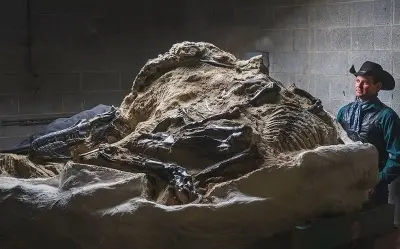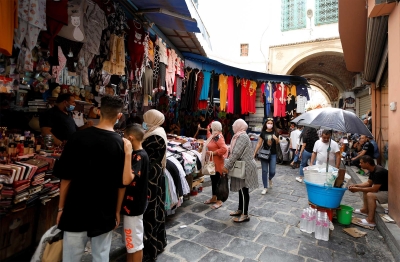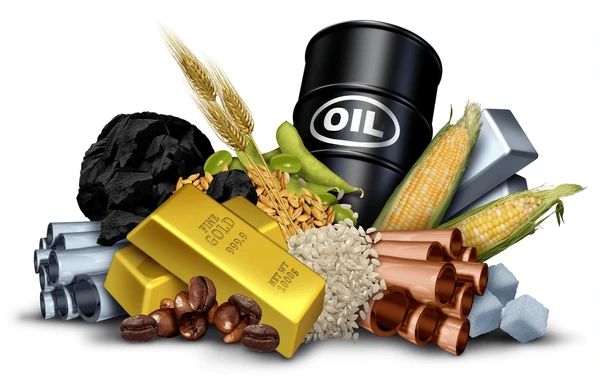


Directory of fossil suppliers in Tunisia
 عاطف1 months ago
عاطف1 months ago NaizekMeteorite
NaizekMeteorite Saber Tunisia2 months ago
Saber Tunisia2 months ago النيازكEmerald, Meteorite
النيازكEmerald, Meteorite كريم3 months ago
كريم3 months ago احجار كريمةDiamond
احجار كريمةDiamond خليل الشهيدي6 months ago
خليل الشهيدي6 months ago ChehidiTurquoise, Ruby, Diamond, Amber, Emerald, Jade, Chrysocolla, Tanzanite
ChehidiTurquoise, Ruby, Diamond, Amber, Emerald, Jade, Chrysocolla, Tanzanite Iron meteorite8 months ago
Iron meteorite8 months ago ChromiteDiamond, Charoite
ChromiteDiamond, Charoite صابر ابن علي5 months ago
صابر ابن علي5 months ago عقيق اخذ وعملات رومانيةAgate
عقيق اخذ وعملات رومانيةAgate Kamel8 months ago
Kamel8 months ago احجار كريمةLapis Lazuli, Emerald
احجار كريمةLapis Lazuli, Emerald







